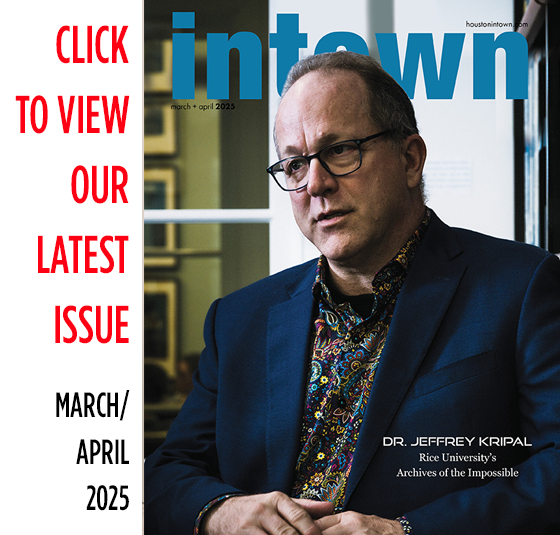
By Patricia B. Green, CFP®
Financial Advisor
Senior Vice President – Investments
Wells Fargo
Graduations, holidays, birthdays, and weddings are just some of the life events that can make us think about large gifts to children and grandchildren. “Often, we want the next and future generations to have a better and easier life than we’ve had,” explains Deborah Lauer, a Vice President in Wells Fargo Advisors’ Life Event Services team.
“This can take the form of bequests to heirs. But periods of unemployment, volatile incomes, and other economic circumstances among younger generations are inspiring many people to give assets during their lifetimes, when there is a need and while the giver can see it being enjoyed,” says Lauer.
It’s important to make sure your generosity doesn’t jeopardize your own financial security. After all, you’ve planned carefully for your own retirement. Financial gifts you make now can reduce the assets you have to rely on later in life.
How can you manage these competing priorities? With open communication and an awareness of tax implications, you may be able to provide the help you want to give in a way that works for the recipient and you.
Assess Your Situation
“Secure your own oxygen mask first before assisting other passengers” is an instruction every frequent flier knows by heart. It also applies to your finances.
Have you also reviewed your estate plans recently? Are you seeing the opportunity for assets you had earmarked for transfer later to instead be given today?
Your Financial Advisor can help you explore how parting with certain assets now might affect your future financial independence. Together, you can discuss options for minimizing the impact of removing those assets from your nest egg now.
“It’s critical for individuals to prioritize their own financial security before making gifts to family members,” Lauer says. “Nobody wants to become a burden to their family, which can happen if you give away the assets you’ve acquired to support yourself.”
Keep Talking
Communication about money is critical within families. Once you’ve established limits for yourself on your ability to give, share with your family members the help you’d like to offer. Invite them to also talk with you about their needs.
Maybe you already know your grandson and his fiancée are saving for a first home. Find out what their shortfall is.
Is what you’re being asked to support in line with your priorities? If you value education and are committed to developing your granddaughter’s academic talent, you may want to offer to pay tuition directly to her school rather than giving a lump sum of cash to her parents.
If the conversation hasn’t come up yet, but you’ve seen a need or simply want to share wealth during your lifetime, prepare for a longer discussion. It may take a few conversations with family to figure out exactly how they are comfortable being assisted and how you can appropriately supply that assistance.
Pride and a sense of independence can play an important role here – on both sides. Before you start the conversation, recognize you may have differing values and consider how those might influence your decisions about giving.
Consider the Tax Implications
As tax rules change, it’s important to work closely with both your Financial Advisor and tax professional to make sure any gifts you make don’t trigger an unexpected tax bill. For 2017, you can give individuals up to $14,000 and married couples can make gifts of up to $28,000 to individuals, according to the IRS.*
These gifts are called annual exclusion gifts. In addition to the annual exclusion gift, an individual may gift all or a portion of his or her $5.49 million* gift tax exclusion without triggering a federal gift tax (although this may require additional tax reporting).
Noncash gifts such as securities or real estate could also be given instead of cash.
Medical expenses and tuition bills paid directly to the institution or service provider are tax-free and don’t count toward your annual or gift tax exclusions, according to IRS rules.
With the right planning, you and your team of professionals can develop a gifting strategy that is likely to achieve your desired goals without putting your finances in jeopardy.
Don’t forget that your gifts don’t need to be monetary. After talking with your family, you may discover offering your time is what’s really needed. Regular child care to working parents or lending your time and expertise to helping a grandchild apply for college scholarships can be invaluable. These don’t cost money but can buy your family real peace of mind.
Talk With Your Financial Advisor About:
• Reviewing your current and long-term financial picture and estate plans, focusing on assets
• Communicating effectively with family members about the wealth you’d like to share
• Working with a tax professional to make sure financial gifts don’t trigger additional taxes
*Wells Fargo Advisors 2017 Tax Planning Tables
Our firm does not render tax or legal advice.
This article is sponsored by Wells Fargo Advisors and provided to you by Patricia B Green, CFP®, Sr. Financial Advisor.
Investments in securities and insurance products are: NOT FDIC-INSURED/NOT BANK-GUARANTEED/MAY LOSE VALUE
Wells Fargo Advisors is a trade name used by Wells Fargo Clearing Services, LLC, Member SIPC, a registered broker-dealer and non-bank affiliate of Wells Fargo & Company.
© 2017 Wells Fargo Clearing Services, LLC. All rights reserved.























